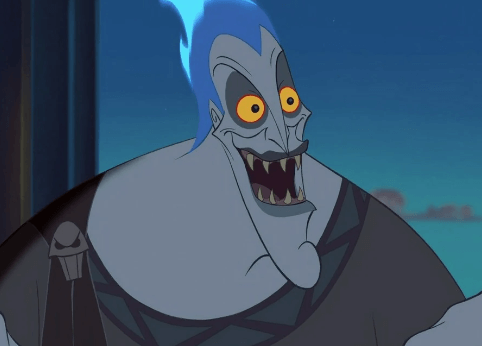God:Vc_Fipqvhuc= Hades

The figure of Hades, often misunderstood and marginalized within the pantheon of Greek deities, presents a compelling study of the dualities of existence—life and death, fear and reverence. His origins and multifaceted relationships with other gods, particularly Demeter and Zeus, reveal a complex narrative that transcends mere mythology. As we explore Hades’ role in shaping human perceptions of the afterlife, one must consider how these ancient stories continue to resonate in contemporary discussions surrounding mortality. What does Hades truly represent, and how does this influence our understanding of life beyond death?
Origins of Hades
The origins of Hades, the ancient Greek god of the underworld, can be traced back to the earliest mythological narratives, where he emerges as a central figure in the pantheon of deities governing the afterlife and the realm of the dead.
Hades’ Underworld serves as the dark counterpart to the living world, highlighted by the pivotal event of Persephone’s Abduction, which underscores themes of loss and renewal.
See also: Gmod:-S5uybd_Xsa= Shrek
Relationships With Other Deities
Despite his often-misunderstood role as the ruler of the Underworld, Hades maintained complex and multifaceted relationships with other deities within the Greek pantheon, reflecting both cooperation and tension among the gods.
Hades’ alliances, particularly with Demeter, facilitated the fertility of the earth, while his rivalries, notably with Zeus, underscored the power struggles inherent in divine governance, shaping the intricate dynamics of their interactions.
Hades in Greek Mythology
Hades, often overshadowed by his more prominent Olympian counterparts, assumes a critical role in Greek mythology as the ruler of the Underworld, embodying themes of death, wealth, and the afterlife that reflect the ancient Greeks’ complex understanding of existence and the afterlife.
His domain serves as a canvas for underworld symbolism, where the judgment of souls determines their eternal fate, highlighting moral complexities intrinsic to human experience.
Conclusion
Hades, as the embodiment of the underworld, represents the intricate dynamics of life and death in Greek mythology.
His relationships with deities such as Demeter and Zeus underscore the interconnectedness of existence, akin to the fates spun by the Moirai.
This duality of fear and reverence towards mortality reflects humanity’s eternal struggle with the unknown.
Ultimately, Hades serves as a reminder that death, while often shrouded in darkness, is an integral part of the cyclical nature of life.




